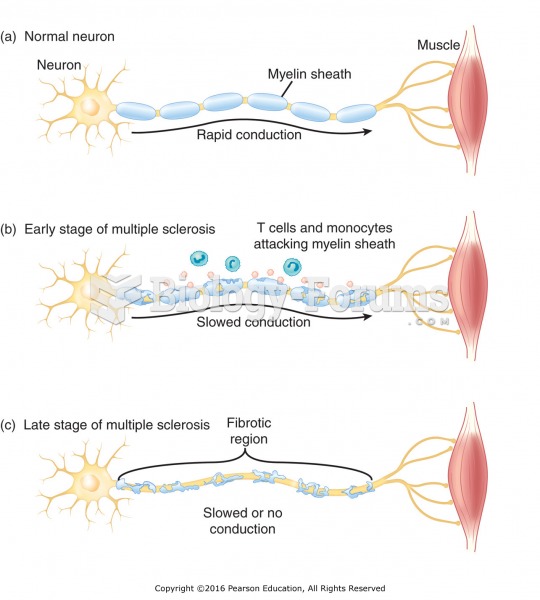Answer to Question 1
B
The nurse's priority intervention is to ask him directly about his access to firearms; he has fami-liarity with guns, and the risk factors for suicide in older adults include male gender, physical complaints of unknown causes, and having suffered a recent loss.
Asking him how he plans to cope with his loss is a reasonable intervention for the nurse to include in the plan of care for this older adult in light of his risk factors for suicide. Collaborating with his provider for antidepressants is a reasonable intervention for the nurse to include after a comprehensive assessment of this older adult. Allowing him to express himself by intently lis-tening is a reasonable intervention for the nurse to include because it helps the nurse establish a trusting, caring relationship with this older adult.
Answer to Question 2
c, b, a, d
a. Thirdly, the nurse progresses to perineal care. This follows catheter care because of the principle of asepsis regarding working from the least contaminated to the most contami-nated area.
b. The second intervention is providing catheter care. Regardless of the cause of the specimen contamination, catheter care is a suitable nursing intervention because it decreases the colony count on the catheter.
c. Gross contamination of a urine specimen is a costly error because the contaminated urine is unsuitable for evaluation. The nurse responds to the report of contamination by deter-mining how long the catheter has been in place because an increased duration increases the risk of a urinary tract infection from fecal contamination and can affect subsequent nursing interventions.
d. Finally, the nurse obtains another urine specimen from a sterile port. Although the catheter has been washed, the nurse rubs the port with alcohol and withdraws urine with a sterile needle and syringe to prevent the introduction of contaminants into the specimen.







